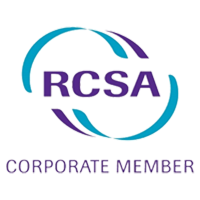A cover letter is an important part of your job application process, it is your opportunity to show the employer why you’re a strong candidate and why you should be considered. However, there is such a thing as too much information when it comes to writing your cover letter. Your cover letter should be short, concise, and focused on what you can offer the employer.
You don’t need to share non-relevant information, personal information or anything else that doesn’t connect you with the position you’re applying for. It also shouldn’t provide useless information that makes it more difficult for the recruiter to focus on your most compelling qualifications. Remember your cover letter has one goal! That’s to get you a job interview, take the time to carefully match your qualifications to the job.
Here’s what not to include in your cover letter.
Any spelling or grammar errors/ long paragraphs
An important step of writing a cover letter is then proof reading it. Incorrect grammar and spelling errors can show lack of attention to detail. A minor typo or a cover letter that is too wordy can knock you out for the role. Employers will scan right over your cover letter and head straight to the resume if each paragraph is too long, keep them to 5-6 lines (3-4 sentences). After finishing your cover letter take a small break then return to edit it with a fresh pair of eyes.
Incorrect Addressee Information
This is a fast way to let your employer know that you’re doing a mass production of your documents. Similar to the first point it shows lack of attention to details and attention to the role. It also shows that you may not care entirely about the company you are applying for and will settle for anything.
Negative Comments about your current or past employer
A cover letter is not the opportunity to air your dirty laundry, apart from being unprofessional it shows disrespect to your previous employer who spent time and money investing in you. Employers tend to view negative comments as an indication of a possible attitude problem or performance problems.
Qualifications you don’t have.
Word everything as a positive, don't draw attention to your limitations but instead keep the focus on your credentials and how they will enable you to get the job done. Keep everything true and relevant, facts can be checked and lies are grounds for rescinding offers and dismissing employees.



